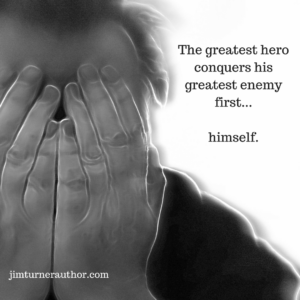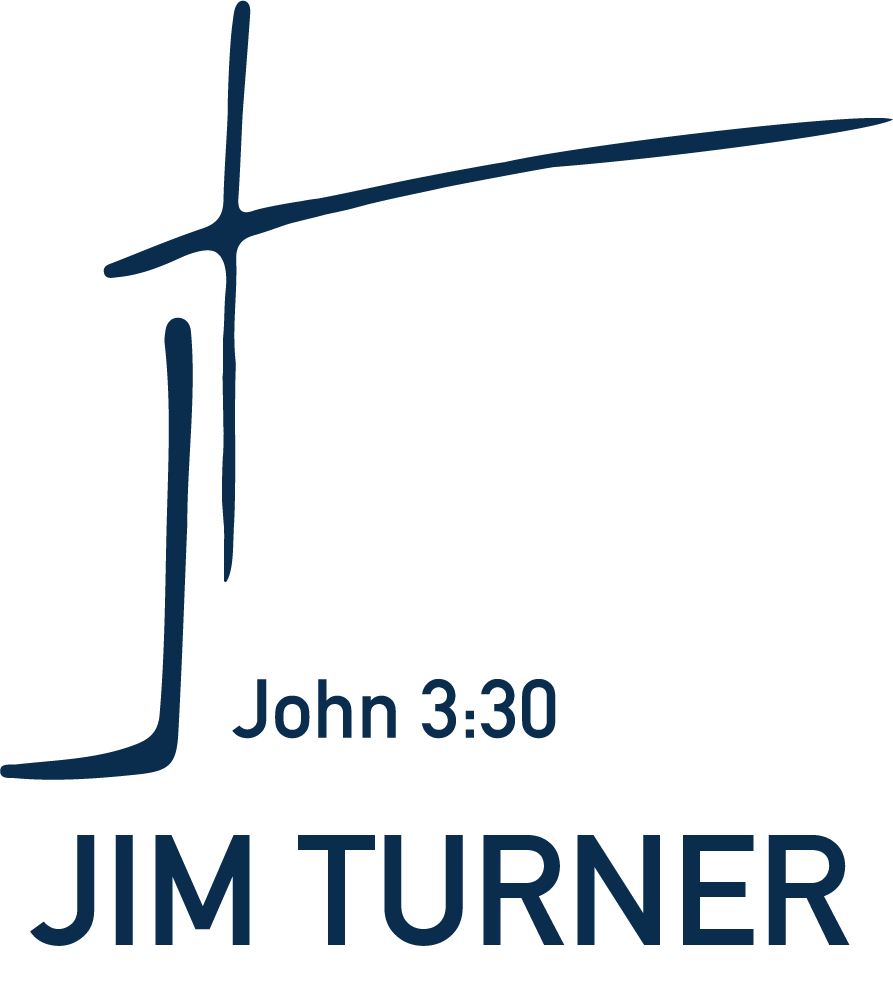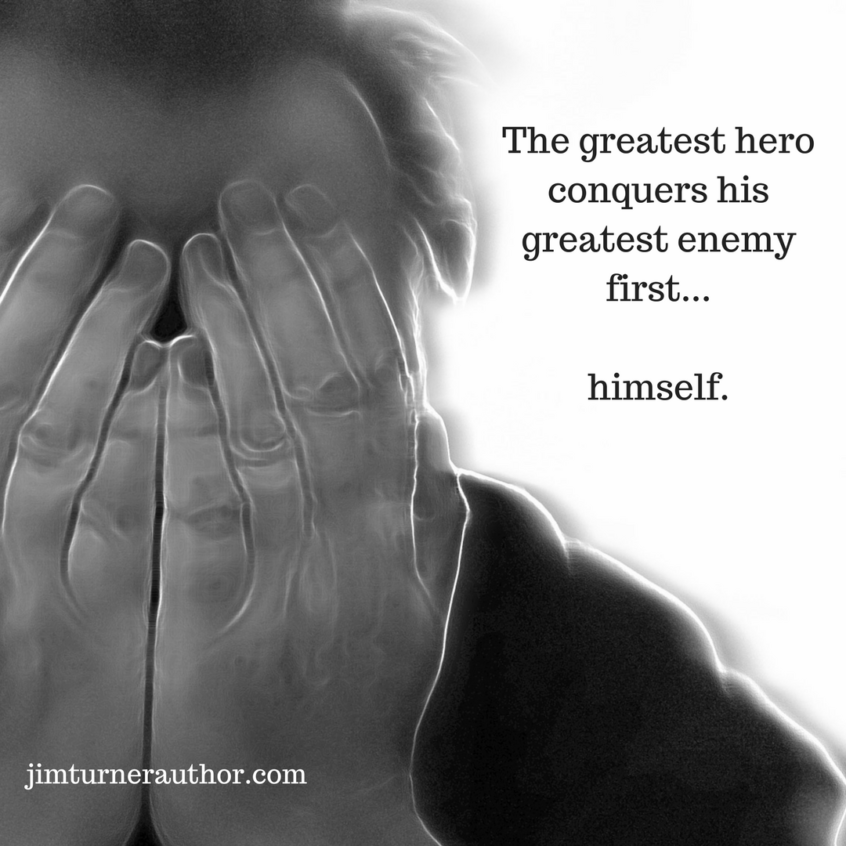 Been on an airplane lately? Are you the guy I sit next to that’s on the edge of his seat in rapt attention while the flight attendants rehearse the pre-flight instructions? If you are that guy, then you know what they say about the oxygen mask; if not, you may be the guy who I’ll have to help when the cabin pressure starts dropping. For those who have never been on an airplane the instructions are universal for anyone traveling with children or others who need assistance. If cabin pressure drops PUT YOUR MASK ON FIRST before helping the other person!
Been on an airplane lately? Are you the guy I sit next to that’s on the edge of his seat in rapt attention while the flight attendants rehearse the pre-flight instructions? If you are that guy, then you know what they say about the oxygen mask; if not, you may be the guy who I’ll have to help when the cabin pressure starts dropping. For those who have never been on an airplane the instructions are universal for anyone traveling with children or others who need assistance. If cabin pressure drops PUT YOUR MASK ON FIRST before helping the other person!
At first glance the instruction seems a little unkind, even selfish. The logic behind it is flawless though – we can’t help anyone else if we are helpless. Putting the oxygen mask on first is essential to being useful to those who may be experiencing a challenge to do the same. Our health is critical for theirs. This illustration is perfect for our conflict preparation questions. If we are not healthy and secure we will probably not be helping anyone else with his or her health. We are probably going to make things worse if we enter into conflict as an unhealthy, unprepared participant.
The truth about conflict is that it’s usually all about us, ourselves. Our blindness to our own faults is often the heart of the problem. We may see the oxygen mask but think we can handle the pressure drop without it. We need to ‘recognize and remove the log or beam that is obliterating our vision.’ Further, recognizing our own issues is probably the single most difficult part of conflict. (Disconnected men have an especially difficult time doing this. Since we are relationally challenged, we don’t think much about how we come across to others.) I’ve found the best way to do this is to pay attention to the pre-flight instructions. In our case, what the Bible says about conflict.
I’m fairly certain that if you ask a flight attendant the kind of passenger they appreciate most they would probably say ‘the attentive, courteous one.’ I think the passenger who looks around and thinks through all the scenarios and prepares himself or herself mentally to respond is the person I want to sit next to. I admit, I’m not always that guy, but after writing this I think I will endeavor to be that guy next time I fly. I do want to be that guy when it comes to handling conflict the way God wishes. I want to be prepared!
How do I know if I’m prepared? I, or we, test our knowledge by asking questions. Some of these questions have to do with our own safety, some about helping others, but all are asked in order to prepare for survival. The same preparation is helpful if we want to survive the conflicts that come up.
This is where my subtitle comes in, ‘How to be a Hero when conflicts come.’ We can be heroes in conflict. I’ve noticed that one of the most consistent qualities of heroes, both real and fictitious, is that they must inevitably struggle against their own desires and do what is best for those that need them. Let that sink in, they do have to struggle, often violently against themselves and the desire to preserve their own comfort. That’s part of what draws us to like them – they struggle – like us! The seven questions put this quality to the test. They ask us to be a hero, to put our own desires aside, and to do what is best for the others in order to resolve the conflict. Heroes are heroes because they win this battle over themselves. They put their own desires aside for the good of others. Let these questions test your hero aptitude.
Questions are meant to uncover strengths and weaknesses. We want to use our strengths and shore up our weaknesses to insure success. If we will graciously use our strengths under the control of the Spirit, and if we will ruthlessly uncover our own weaknesses (sinfulness) and deal with them; we will be better prepared when conflict comes. We might even be heroic! So let’s ask ourselves the 7 questions. For effect, let’s ask them in two different ways. These are meant to reveal our weakness so we can prepare to know the Lord’s strength.
-
Do I tend to readily notice the faults or mistakes of others?
-
Do I tend to correct the faults I notice?
-
Do I tend to take a firm stand for the truth?
-
Do I tend to believe I see the truth clearly in most situations?
-
Do I tend to make quick assessments of people’s motives?
-
Do I tend to tell people how I assess their motives?
-
Do I tend to instruct people what is right and wrong?
There are most likely a hundred other questions that will grow from these. Feel free to ask yourself those the Holy Spirit brings to mind. These questions are the ones I believe will reveal the source of many conflicts – PRIDE! Many of us read these questions, answer yes to many of them, and see ourselves in a pretty good light. Our thoughts may sound like this, ‘I am pretty good at noticing mistakes. I am good at constructive criticism. I know the truth and am not afraid to speak it. People are usually an open book to me.’ While these can be incredibly strong gifts when gently used by a person filled with Christ’s love – they can be tremendously damaging to others when exercised by our flesh.
If you didn’t notice, the phrasing of the questions above turns our thoughts to the other party. We may think of situations where we have come to a judgment about a situation or person. Let’s rephrase them and see what then comes to mind. Even better, ask other people to assess you in light of these questions. Make sure you ask people who are willing to tell you the truth – we all have our “yes men”.
-
Am I a judgmental person?
-
Am I a negative, critical person?
-
Am I close-minded to other’s view of the truth?
-
Am I overconfident (or arrogant) in my knowledge of the truth?
-
Am I prone to jump to conclusions?
-
Am I proud of my ability to “shoot straight” with people?
-
Am I perceived as arrogant or “lecturing”?
Asked this way, these questions probe our own weakness and expose our tendencies toward pride. They reveal the things the hero needs to conquer within himself before he can conquer the outside conflict. By the way, lest we think this is merely an exercise in exposing our weakness, remember that heroes are strong precisely because they conquer themselves. They probe themselves with hard questions, uncover their inner weakness, and then apply their formidable will to conquer them. Once their inner man is under control they tackle the external battle. With that in mind let’s meditate a bit more on the questions.
Question 1: I think there is more than one way to be judgmental. We can be judgmental and come across as superior. We can be judgmental and come across as the victim. There are probably endless nuances between these two extremes but make no mistake – a victim mentality can be manipulated to make us feel superior. Making someone else the victim by being critical can also make us feel superior. Both are at heart self-protectionist pride. They are un-heroic. If you answered the question in the positive as it was originally phrased – beware – you may tend to be a Sawdust Tyrant. You tend to focus on specks in the eyes of others while missing the Sequoia planted firmly in yours. (I speak from experience)
So be honest – if you answered, “Yes” to question one then you may need to repent of a judgmental spirit and learn to look through loving eyes.
Question 2: Be brutal on yourself here and ask, “When it comes to people and situations involving people, is my first thought typically negative?” If you answer yes, your mind may immediately start justifying why. Stop right there. Does that negative thought or assessment usually take into account all the details of the person, his life, his situation, his baggage, his understanding, the Lord’s understanding, and other’s involvement? Can we work at delaying our initial assessment by waiting to consider all the extenuating circumstances? Can we replace the mental correcting of other’s faults with a benefit-of-the-doubt patience toward them?
Question 3: Have you ever changed your opinion? Ever changed a major theological view on an important topic? Have you ever had an incorrect first impression of someone only to have it change later? If so, how did these changes come about? What am I getting at? Is it possible that the truth you have come to is subject to change? I’m not talking about essential Christian doctrine here. I’m talking about the things that are most likely to cause the conflicts we are preparing for – peripheral issues that are subject to differing views or personality types that grate against us.
We may be convinced of a truth that another is yet to be faced with. He or she may have been faced with it and arrived at a different view. What we have to prepare for is this – are we going to reject the PERSON for his views or are we going to accept the PERSON in spite of his views? Is truth more important to us than people? If we are close-minded to the opinions of others we are begging for conflict. On the contrary, if we can heartily debate views without offense or feeling personal injury then we stand a very good chance of maintaining healthy, loving relationships.
Notice that I have not suggested that we abandon the truth we know. Hold to the truth you know while considering another point of view. Walk away in love even when the other person holds belligerently to his view – he might be proved right some day.
Question 4: What makes you so sure you are right? Test everything before you flame out on a half-baked idea. It is the height of embarrassment (to yourself and your Lord) to stubbornly hold to an idea that requires altering when in full light. Remember how tight the Pharisees believed their arguments were just to have Jesus blow gaping holes in them at every turn. Their understanding, in fact, the entire underpinning of their interpretations was flawed and Jesus truly embarrassed them with the compassionate truth!
Question 5: Have you ever heard anyone say, ‘I’m a prophet, I can’t help but use my gift’ after they have said the most tactless, rude, and cutting thing to you (Especially when they have jumped to the wrong conclusions about you or the circumstances they reference)? Have you ever said anything like that? I beg you, don’t use your spiritual gift as an excuse to beat someone up.
Let’s assume you do have an uncanny knack of discerning the details that lie under the surface of any issue or situation. What’s the harm in waiting before wading in? What if, rather than make a statement about what you’ve discerned, you rather ask a question to draw out the truth from the other party? Maybe they don’t see what you see. Maybe a little patience and probing will help them without you ever having to make a proclamation. This approach is worth practicing in advance.
 Question 6: There are times when “shooting straight” is an amazing blessing and times when it is a complete disaster. Can you tell the difference? Those who are proud of the ability to shoot straight may struggle to discern between a good shot and a bad one. What am I saying here? I’m saying that some of us are so proud of our razor sharp wit or our ability to clearly and quickly see solutions that we brazenly run over folks that are trying desperately to catch up. They aren’t challenging us or dismissing our solutions – they simply haven’t got there yet. We may be making enemies of folks that, given the time, would have been our greatest supporters. Our language is to be gracious and seasoned with salt – which means it should be palatable to those who are not accustomed to the taste of how we communicate.
Question 6: There are times when “shooting straight” is an amazing blessing and times when it is a complete disaster. Can you tell the difference? Those who are proud of the ability to shoot straight may struggle to discern between a good shot and a bad one. What am I saying here? I’m saying that some of us are so proud of our razor sharp wit or our ability to clearly and quickly see solutions that we brazenly run over folks that are trying desperately to catch up. They aren’t challenging us or dismissing our solutions – they simply haven’t got there yet. We may be making enemies of folks that, given the time, would have been our greatest supporters. Our language is to be gracious and seasoned with salt – which means it should be palatable to those who are not accustomed to the taste of how we communicate.
Question 7: Don’t ask yourself this one. Ask your children. Ask your husband or wife. Ask your best friends and their friends. In fact, if you suspect you may fit the description under any of these questions – ask those who spend the most time with you and assure them you will not react to their answers (and then make sure you don’t!). Listen to their answers and the WAY they answer. Were they timid or halting? Did they tell you what you wanted to hear or did they reveal some things you didn’t want to know about yourself?
If we are serious about maintaining love and unity with our spouses, friends, brothers and sisters, and all humankind, we have to examine ourselves in this way. Are we drawing folks to us and to our Lord or are we driving them away? Are we being heroic or self-serving? I encourage you, be a Hero! Ask the hard questions. Do the hard things. Sacrifice. Then give God praise that He has empowered you to overrule your un-heroic self for the good of others.


